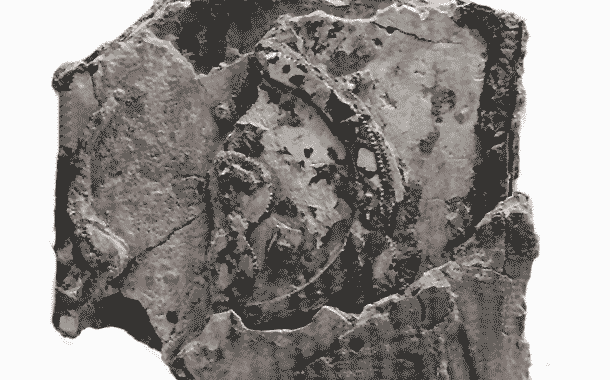<![CDATA[It has been over a century since the world's oldest calculator was discovered. Experts are now planning to revisit the location where this ancient piece of technology was salvaged. They hope to find more items from our ancient past by taking advantage of modern day diving techniques. A group of Greek and American scientists are preparing to return to the ancient shipwreck where the Antikythera Mechanism was found. They plan to use an Exo-suit in the expedition to help them uncover more items. An Exo-suit is a state-of-the-art diving device that will allow experts to dive twice as deeply as was possible on the previous expedition. Theotokis Theodoulou, an archaeologist associated with the project, stated that the Exo-suit was built by a Canadian company, and would allow divers to dive up to 150 meters and still carry out delicate tasks. The team of marine archaeologists are hoping to find a second shipwreck and more unique artefacts in the upcoming expedition. The Antikythera Mechanism was discovered in 1900 in a shipwreck close to a remote Greek island. The mechanism itself was built in the year 100BC. Scientists believe that it was used to chart planet movements as well as the passing of days and years. It has been described as one of the most complex mechanisms of its time. It consists of approximately forty bronze gears and cogs. This Ancient Greek technology was so advanced that it took another 1500 years for mankind to create something similar. A further eighty one unique artefacts have been discovered in the wreck since the ancient calculator was found. Angeliki Simosi, the head of the Directorate of Underwater Antiquities in Greece, stated that there were good signs of other objects still being present in the area. This theory is further strengthened by the results of a set of exploratory dives conducted in 2012 and 2013. Dimitris Kourkoumelis, another archaeologist associated with the team, believes the ship was transporting countless riches from Asia Minor to Rome. Scans of the mechanism were conducted in 2008 and suggested that it might have helped to predict eclipses, record important Greek events such as the Olympic Games, and make complex calculations. Mike Edmunds, Professor at Cardiff University, stated that the calculator was unlike anything seen for the next millennium. The expected discovery of a second ship at a distance of about 820 feet from the original site is ensuring that anticipations run high within the group of archaeologists. Who knows what ancient marvels are waiting to be uncovered?]]>
Experts Return to Shipwreck Where Antikythera Mechanism was Found
